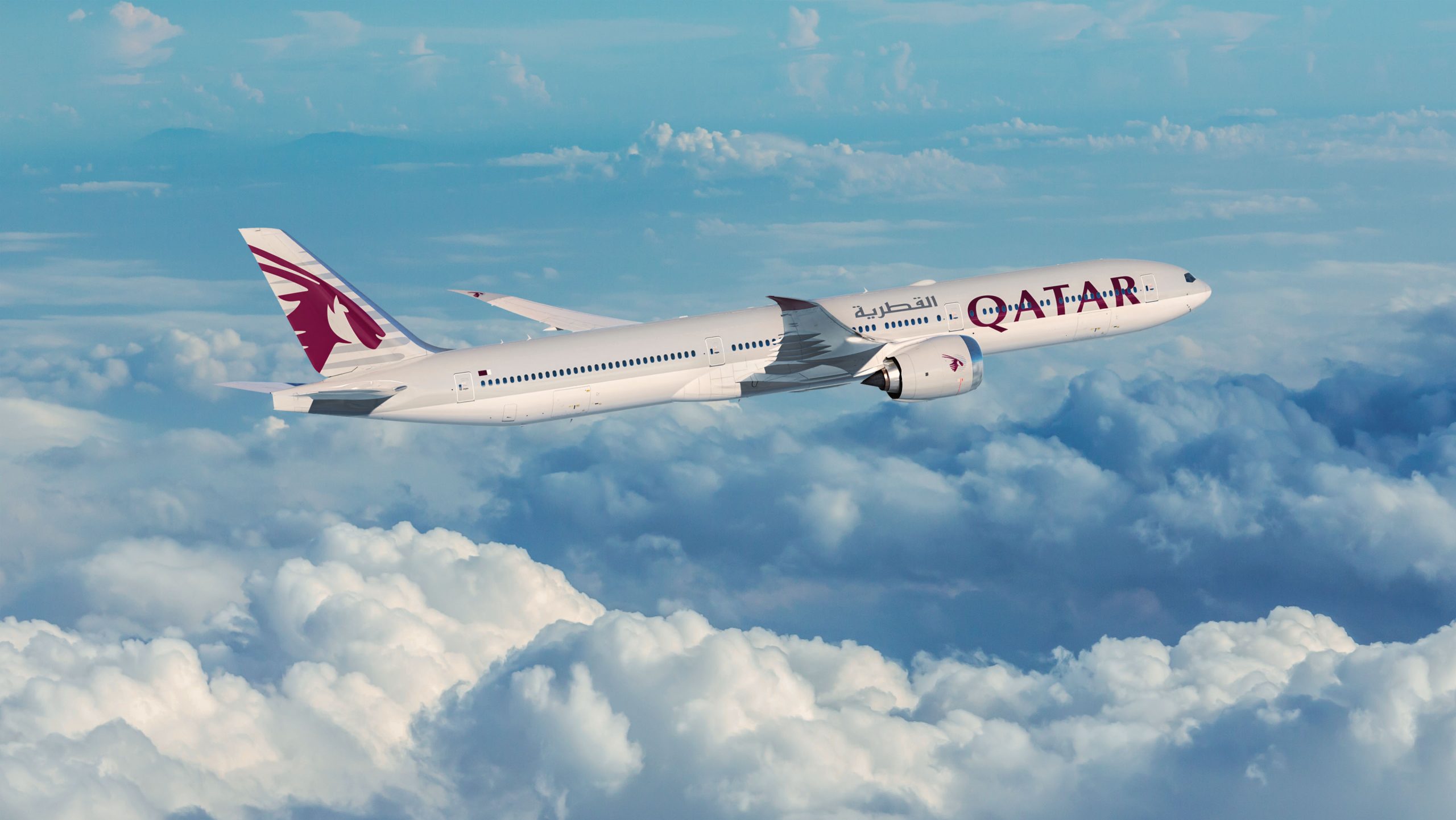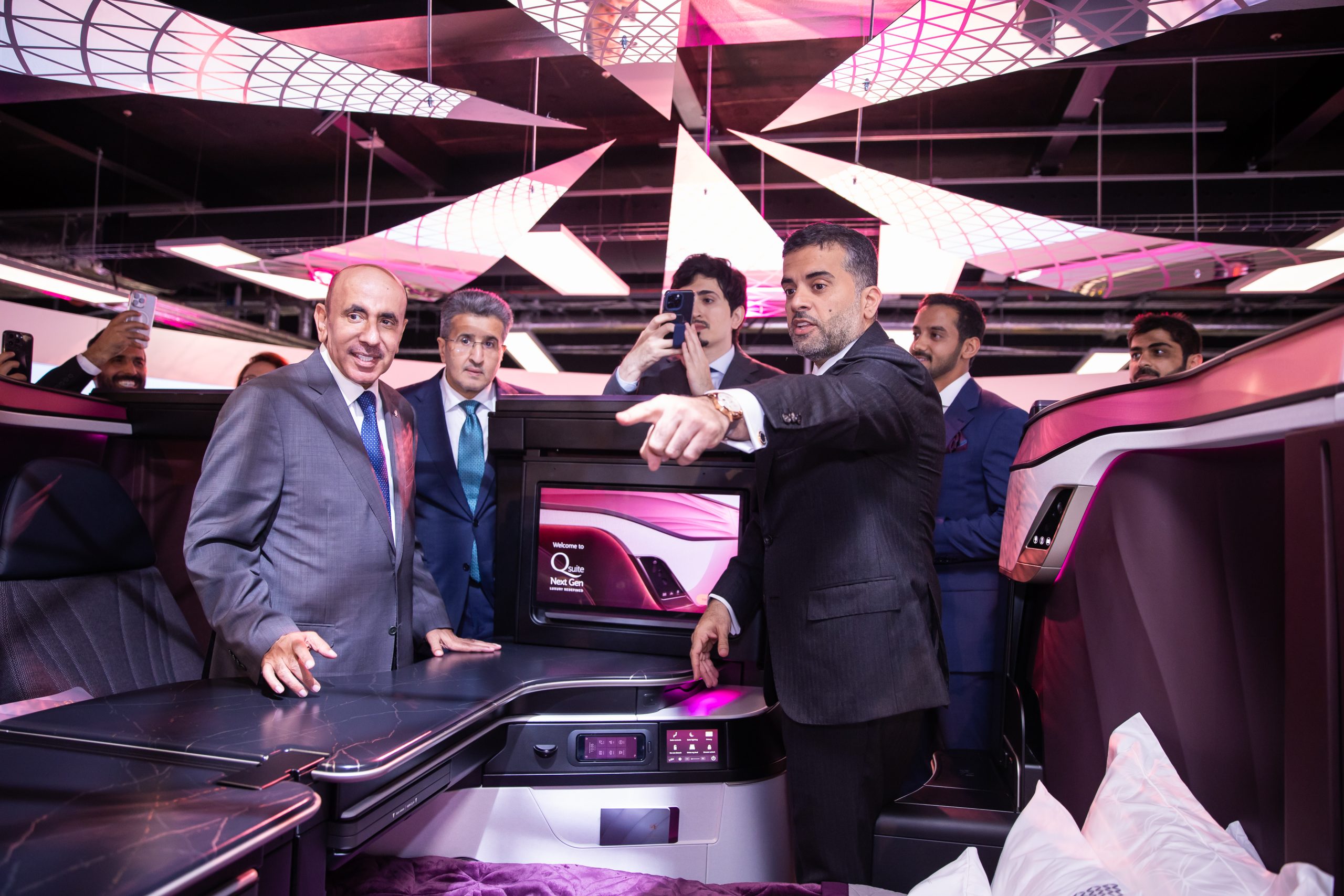
Qatar does not have any plans to cancel major development projects or cut state fuel and food subsidies in response to low global oil prices, the country’s finance minister has said.
Things will be “business as usual” in terms of the execution of Qatar’s planned $200 billion worth of infrastructure projects, many of which are already underway, Ali Shareef Al Emadi said during a lecture yesterday at Carnegie Mellon University in Qatar.
After oil prices began plummeting in the past year, from around $100 a barrel last summer to less than $50 for Brent Crude now, other GCC states started reviewing their spending.
Elsewhere in the Gulf
Before last month, all Gulf states heavily subsidized petrol, food and other fuel for their own citizens, as part of a package of welfare measures.

However, the UAE announced in July that from Aug. 1 it would end its fuel subsidies, in a bid to relieve some of the pressure on its economy caused by falling oil prices.
Saudi Arabia is also said to be reconsidering its gas subsidies, which help to make its petrol prices among the lowest in the world.
A Gulf oil industry source told Reuters that officials were “seriously” thinking about reducing fuel subsidies gradually, although there was no timeline for this, and the Saudi government has not publicly commented on the rumors.
Saudi’s petrol subsidies are worth $86 billion a year, out of a total of $107 billion of overall energy subsidies, according to the Financial Times.
Lacking deficit
However, Al Emadi suggested yesterday that Qatar was in a different place financially, as it has a strong national budget and cash reserves that could help it withstand low oil prices.

In a recent Reuters poll, economic experts predicted that Qatar’s state budget would have a deficit of 0.7 percent of gross domestic product (GDP) this year, which is the smallest in the region, although Qatar has not previously been in the red.
“Our budget is still not that far in terms of deficit,” Reuters reports Al Emadi as saying, adding that state finances would break even with an average oil price of $65 a barrel.
Asked whether he would consider reducing subsidies as a way of cutting back costs, the finance minister said:
“I still think the financial situation is very healthy and I don’t think we’ll take any extra measures for these things.”
Gulf Times quoted the minister as adding:
“We have an almost 15-year surplus budget from 2000-2015 and Qatar never had any deficit. We’ve stuck with the oil prices at this level… there is enough room for us to manage this.”
Infrastructure
Meanwhile, those in the construction industry remain concerned that projects not directly related to Qatar’s preparations for hosting the World Cup in 2022 may face delays.
To this point, Al Emadi said:
“We’re not going to scale back. Most of our projects are already at the execution stage so we’re going to continue with those – we’ve already put a public plan of what we’re actually going to do for the next 10 years.
Whatever we decide, we’re going to be more effective and efficient. We’re always going to make sure that we’re getting value for our money when it comes to these projects.”
While major projects such as the Doha Metro, the new Port project and Ashghal’s Expressway Program are underway, other schemes appear to be moving more slowly.
Earlier this year, Dubai-based business intelligence firm MEED reported that the iconic Sharq Crossing, linking the business district of West Bay/Dafna with Hamad International Airport, would be postponed as Qatar deferred non-essential infrastructure schemes.

The move followed a decision by the government just a week prior to establish a ministerial committee overseeing projects of “strategic importance.”
This was tasked with prioritizing major development initiatives and reviewing costs, among other responsibilities.
The minister’s emphasis on ensuring “efficiency” in public spending follows a period of restructuring in some of Qatar’s public sector bodies, resulting in staff being laid off and some projects being closed.
Qatar Petroleum reportedly lost thousands of staff in its eight-month long corporate “right-sizing”, which finished in June this year and transferred non-core business operations involving insurance, catering and service companies to the private sector.
It is also expected that head count will be cut in some of its subsidiary companies, including RasGas, QatarGas, Qatalum and QChem.
And Qatar sovereign wealth fund QIA has also reportedly reviewed its priorities recently, as the lower oil prices ate into its available funds.
Thoughts?







